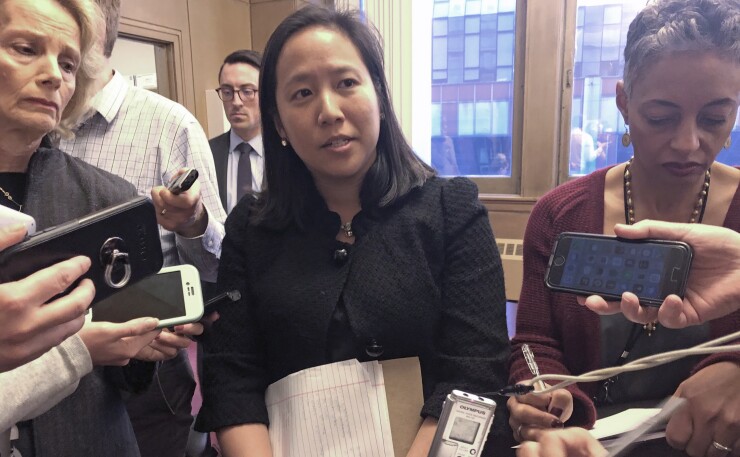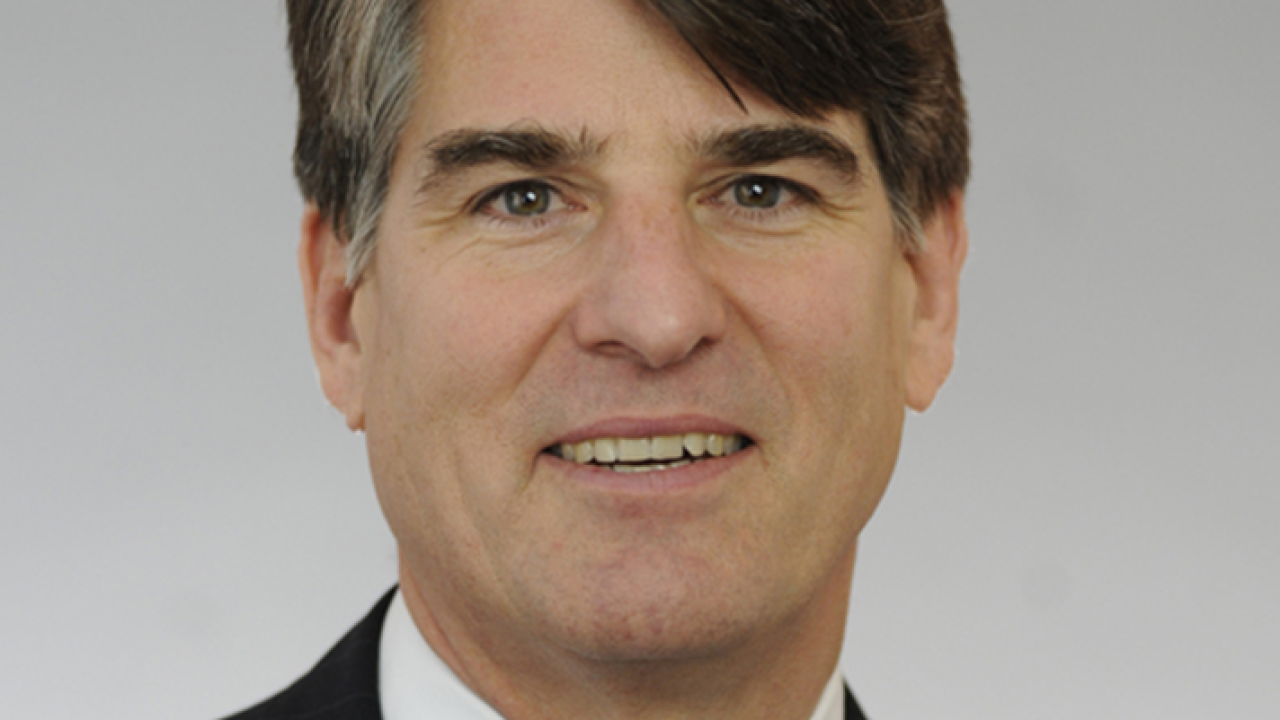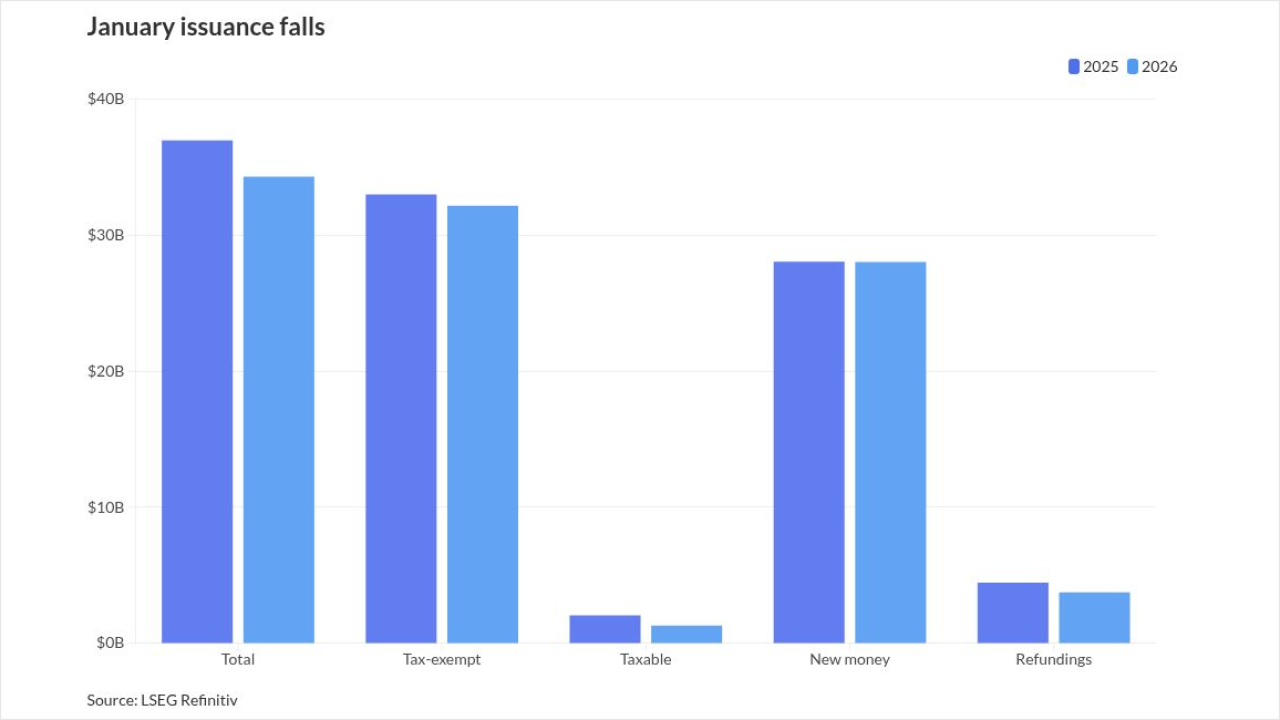Chicago sent a $242 million supplemental payment to its pension systems, making good on a funding policy adopted as part of the 2023 budget that helped lift its one junk rating back into investment-grade territory.
Efforts to better align expenses with recurring revenues, shed one-time maneuvers like scoop-and-toss debt restructuring, and complete a move to an actuarially based pension payment begun under former Mayor Rahm Emanuel and continued by Mayor Lori Lightfoot provided the underpinning for a series of positive rating actions last fall.
But it was the administration's move to tap surplus revenues to make the

The city made the payment Tuesday.
"We are not only making the minimum payment on our pension credit card, but we're now paying down the outstanding balance," said Jennie Huang Bennett, the city's chief financial officer. "As a result, the city will save approximately $3 billion in future pension contributions through reduced actuarial interest and improved investment earnings."
With a roughly $2.3 billion contribution to its
Pension issues have strained the city's balance sheet and ratings. Moody's dropped the city to speculative territory after an Illinois Supreme Court ruling overturning state pension cuts, finding they violated strict state constitutional language protecting benefits from any impairment. A city pension funding revamp later suffered the same fate.
The pension funding overhaul that followed eliminated cuts, and bases contributions on actuarially assumptions, but the formula still falls short of recommended actuarial standards, so it takes years to overcome the tread-water mark where the legacy tab is paid down.
That leaves the funds vulnerable in years when investment returns fall short of assumed rates of return. The funds' actuaries have long warned of that scenario and pressed for additional funding.
"Given the low funded ratio and the expected timing of employer contributions, the fund is still at risk of potential insolvency if an economic recession or investment market downturn were to occur in the near term," the Municipal Employees Annuity and Benefits Fund
During fiscal year 2021, the municipal fund liquidated $321.3 million in portfolio assets due to operating cash-flow deficits.
"The funded ratio is not projected to even reach 50% funded for another 21 years, until 2042," the Policemen's Annuity and Benefit Fund of Chicago warned in
"The city's efforts in advancing meaningful solutions to the funding level is truly appreciated," Daniel Fortuna, president of the Firemen's Annuity & Benefit Fund of Chicago, said in a city statement announcing the $242 million payment had been made. "We look forward to working with the city to secure supplemental employer contributions on a recurring basis."
The city has taken other steps to avert asset liquidation, last year advancing more than $500 million in scheduled payments so the funds could meet payout obligations. "They were advanced due to the combination of the delay in the second installment and the downturn," Bennett said, referencing a delay in the second installment of property tax bills sent out at the county level and investment losses from the market downturn.
First installment 2023 bills will be due a month later this year. "The $242 million payment should help with liquidity to weather the delay in the first installment," Bennett said.
The new funding policy does not carry penalties if the city opts not to make an additional payment and that does raise concerns among some market participants over whether the city will honor it in difficult financial times or whether future administrations will abide by it. Lightfoot is seeking a second term in next month's mayoral election.





